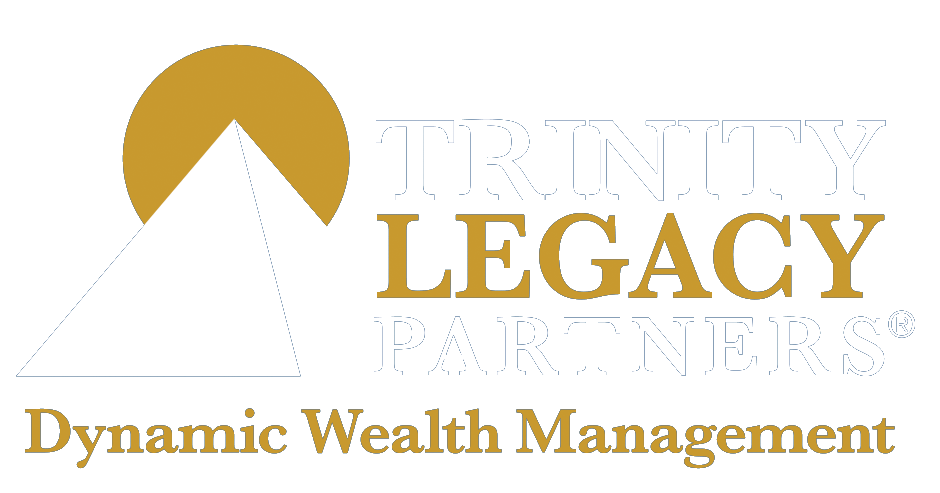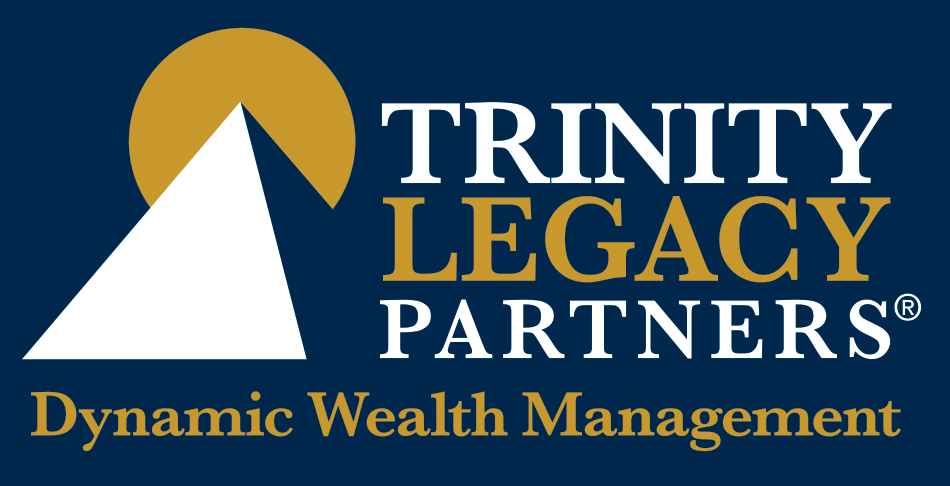The Type of Financial Planning Can Make a Big Difference
When seeking assistance in creating a financial or retirement plan, it is essential to understand the differences between goal-based financial planning and planning that relies on detailed cash-flow projections. The type of financial planning provided by advisors typically depends on the software they use, and the results of their analysis and recommendations can vary. Two of the most popular financial planning softwares used by advisors are MoneyGuidePro and eMoney Advisor. The former is goal-based software, and the latter uses a cash-flow based approach. This article will explain the critical differences between the two approaches to financial planning and identify situations that can benefit from a cash-flow based process.
Goal-Based Planning
Advisors often prefer goal-based planning as it is simple to use and less time consuming to prepare financial planning recommendations. Goal-based planning identifies essential goals and guides a financial advisor on the optimal strategy to achieve those goals. The process requires clients to share details on their financial resources, personal situation, and critical financial goals, such as early retirement.
Evaluating a limited number of goals is an ideal situation for using goal-based financial planning. Clients share the age they plan to retire and how much they want to spend annually during retirement. The advisor would use the software to identify how much the client should be saving to achieve the goal and the appropriate asset allocation to achieve that goal.
Goal-based planning may be best suitable for someone who:
- has low-moderate complexity of financial goals and resources.
- is looking for a simple solution or a financial plan.
- wants college or retirement planning.
- is trying to determine if they have adequate life insurance or long-term care coverage.
Goal-based planning can provide recommendations to help you achieve common financial goals; however, the limitations of this approach can make it challenging to evaluate more complex situations and develop recommendations that consider various factors. Additionally, goal-based planning may not be ideal for individuals with multiple and interdependent financial goals.
Goal-based financial planning software can be ideal for addressing simple goals like retirement planning, saving for college, or the amount of life or long-term care insurance that is needed. Goal-based planning is often used by financial advisors selling products such as annuities or life insurance policies. The ease of use explains its popularity among fee-based and commission-based financial advisors.
Cash-Flow Planning
Cash-flow planning takes a client’s current situation and uses projections to calculate where they may be financially in the future. In other words, the client and advisor can explore possible alternatives to achieve one or more financial goals to determine the most tax-efficient strategy. This method is much more intensive and requires extra work and information gathering on the front end for both the advisor and the client.
Unlike goal-based planning, a cash flow approach breaks out deductible expenses such as mortgage interest, qualified medical costs, and property taxes to better account for expected income taxes. Cash flow planning also categorizes the different income as earned or capital gains for tax projections. Doing so accounts for a more detailed approach than its counterpart, goal-based planning. This method is thorough and considers numerous factors such as investment allocation, inflation, the timing of expenses, and calculating expected taxes.
Not only will a client receive information on whether they are on track to reach their goal, but cash flow planning also calculates detailed projections on how they arrived there. This method recognizes that some goals are equally important and can run simulations accordingly, such as funding college expenses, retirement, and leaving a legacy to heirs. Cash flow planning includes an incredible amount of detail, and reports can be very comprehensive when projecting assets, taxes, and expenses in any given year. While this can be too much information for some, it is precisely what other people are seeking.
You do not need to have a specific goal when you meet with an advisor using cash flow planning. You may be curious to see where you will be in five years if you continue investing and saving, and where you will be in another 15 years after that. You may be curious as to how much your Required Minimum Distributions will be from your Traditional IRA in retirement and if it would be beneficial to do conversions into a Roth IRA. The answer to this is straightforward when using cash flow projections.
Examples of scenarios where it may be beneficial to seek out an advisor using cash-flow planning would be if you:
- have multiple goals that are important and interdependent.
- want a collaborative tool to work with the advisor to evaluate the impact of alternative approaches to addressing goals.
- plan to sell a business and want to understand the tax impact and ability to fund retirement needs with net proceeds from the sale.
- are weighing complex planning strategies, such as Partial Roth Conversions.
- wish to run “what if” scenarios to see if you can self-insure the risk of a spouse’s premature death or an extended long-term care event occurring.
- wish to run Monte Carlo simulations to measure if you can successfully endure a significant market downturn at the start of retirement.
- are more numbers-oriented and want to see the calculations behind the analysis.
Conclusion
Although cash flow and goal-based planning are very different approaches, both methods can provide useful information to help you achieve important financial goals. Goal-based planning can help you find the ball-park such as attaining a retirement goal, and cash-flow based planning can help you get to home-plate by providing a more precise approach which considers income tax and other factors.
It is important to remember that financial planning software is a tool and not the answer. In the hands of an experienced and capable financial planner, the software can help the advisor evaluate and develop recommendations that consider the multitude of variables that can impact success. At Trinity Legacy partners, we use cash flow planning with our clients because we believe it is a more comprehensive and collaborative tool to meet all clients’ needs.


